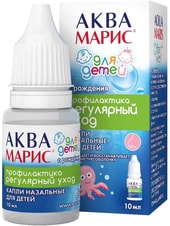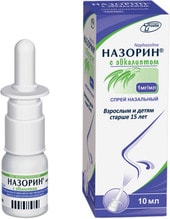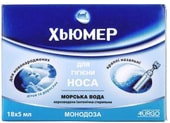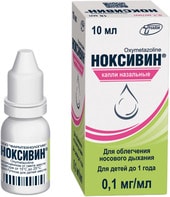Lecithin, a crucial component of cell membranes, acts as a membranoprotector and supports central nervous system function. Studies suggest it can help reduce fatty liver disease, acting as a hepatoprotective agent. Adults should take 2 capsules twice daily with meals for 1-1.5 months.
Lecithin, fatty liver, hepatoprotective, liver health, cell membrane, membranoprotector, CNS support, NSP lecithin, liver protection, fatty liver disease, hepatic steatosis, natural supplement, dietary supplement.
Lecithin is a natural substance vital for maintaining healthy cell membranes throughout the body. Its unique phospholipid composition makes it a potent membranoprotector, safeguarding cell integrity and function. This is particularly important for the liver, an organ constantly working to filter toxins and metabolize fats.
Research suggests that lecithin may play a beneficial role in combating Non-Alcoholic Fatty Liver Disease (NAFLD), a growing health concern linked to obesity, insulin resistance, and metabolic syndrome. By supporting healthy cell membrane function, lecithin may help improve liver cell health, reduce inflammation, and protect against further damage. In addition to its hepatoprotective properties, lecithin is also known to support the central nervous system (CNS) by promoting healthy nerve cell function and communication.
Note: While lecithin shows promise in supporting liver health, it's crucial to consult a healthcare professional before using it to treat any medical condition, including fatty liver disease. Lecithin should be considered a supportive measure, alongside lifestyle changes such as diet and exercise, for managing NAFLD. This information is for educational purposes only and not intended as medical advice.





